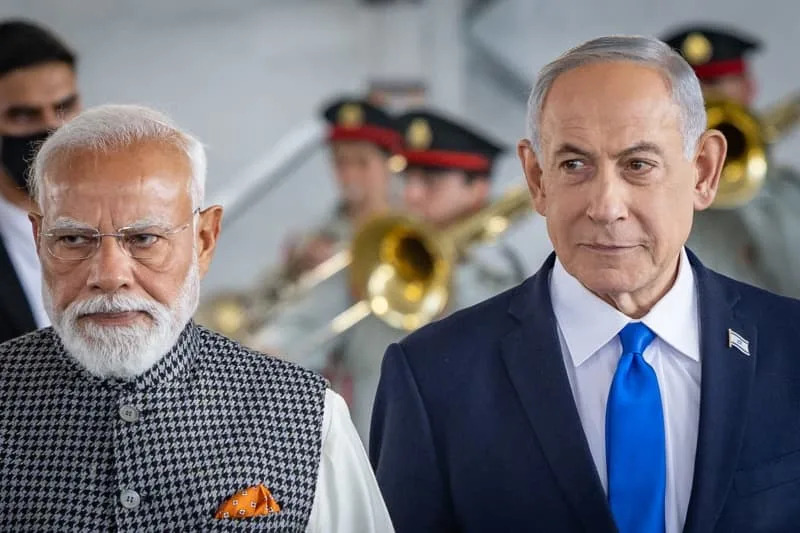The presidential race in Chile is set for a runoff between Jeannette Jara, the candidate representing the center-left government, and veteran hard-right politician José Antonio Kast. This outcome follows a polarized election held on Sunday, where neither candidate secured the necessary majority to win outright. The runoff is scheduled for December 14, 2023, as announced by the government.
With nearly 80% of the votes counted, Gabriel Boric, Chile’s left-wing president, acknowledged Jara and Kast as the leading contenders for the second round. “I trust that dialogue, respect, and love for Chile will prevail over any differences,” Boric stated, expressing his congratulations to both candidates. Celebrations erupted at the campaign headquarters of both Jara and Kast, located on opposite sides of the capital, Santiago.
Election Results and Voter Turnout
In the initial round, Jara garnered over 26% of the valid ballots, which fell short of the 50% threshold needed for victory. “I want to send a warm hug to all those who voted for me,” Jara remarked, reflecting on her position after the results were announced. Kast closely followed with over 24% of the votes, demonstrating the effectiveness of his tough-on-crime platform in a climate marked by growing public concern over rising crime rates and illegal immigration.
This election marked a significant moment in Chilean history, as it was the first presidential election under a system of mandatory voting and automatic voter registration. More than 15.7 million voters were required to participate in a national population of over 18 million, addressing past issues of low voter turnout.
Implications for Chile’s Political Landscape
As Jara prepares for the runoff, Kast’s campaign stands to benefit from the substantial support received by other right-wing candidates who have since been eliminated. This could potentially signal a shift in Chile towards a more conservative governance style, especially given the country’s status as the world’s largest copper producer and one of the most stable economies in the region.
Both candidates will now focus on appealing to a broader electorate as they head into the second round of voting. With the stakes high, the upcoming weeks will be crucial for shaping the future of Chile and addressing the key issues that resonate with voters.







